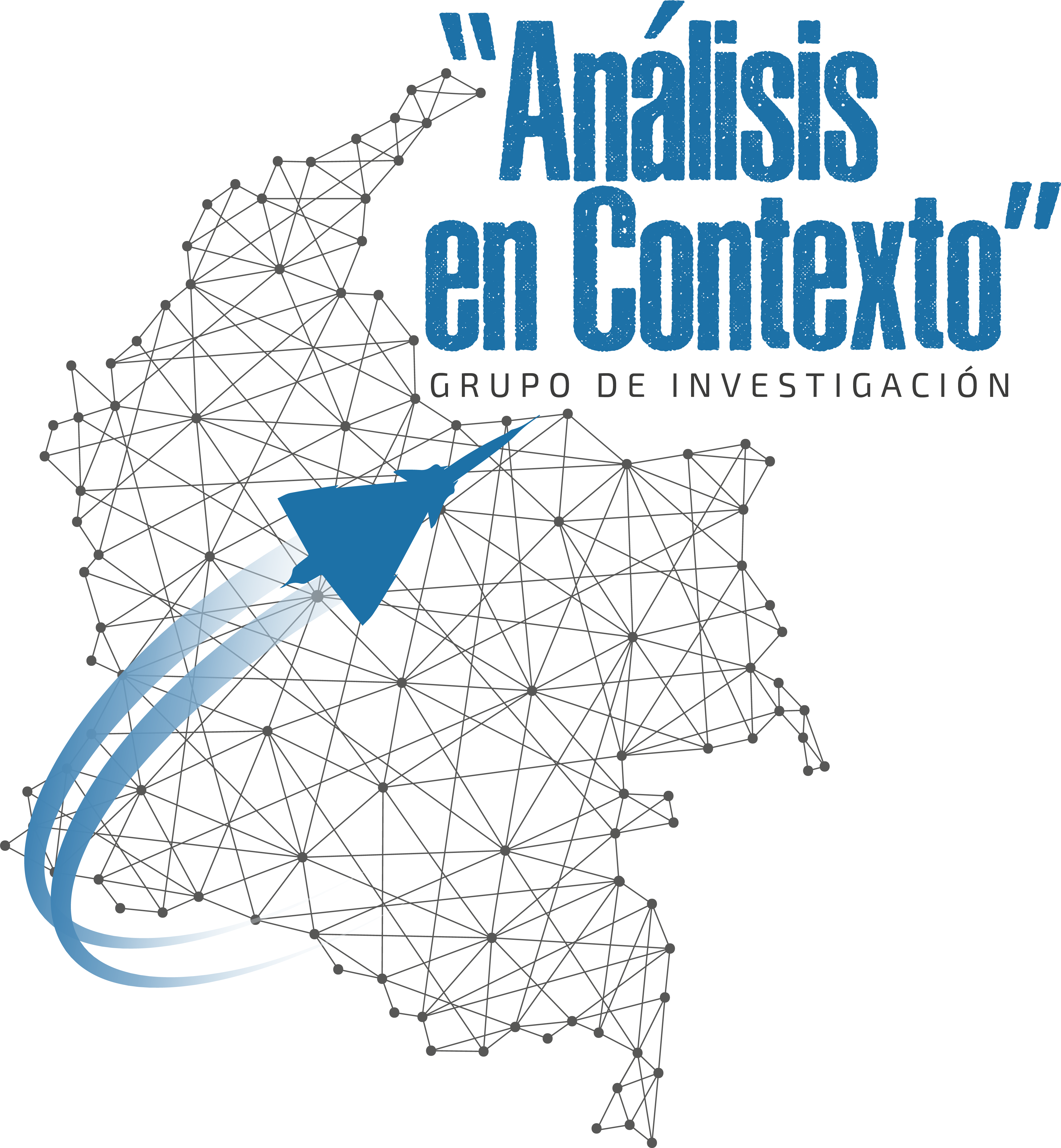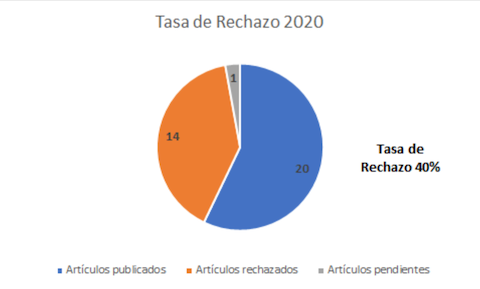Democracy vs. Economic Growth: Which Came First, the Chicken or the Egg?
DOI:
https://doi.org/10.18667/cienciaypoderaereo.660Keywords:
Economic growth, democracy, development, political and economic institutionsAbstract
It has long been taught that democratic strength is the best remedy to gain economic development. In that sense, the broader the social freedoms, the greater the opportunities for the growth of a nation. However, with the rapid development of the Asian tigers, where democracy might not be the common denominator, this vision of development turned not only toward democratic strength but to the structure of institutions as well. Although democracy could remain as the main ingredient to achieve this longed-for and westernized economic development (Lipset, 1959a, 1959b), it is not necessarily the only variable to determine such progress; rather, is the type of institution what becomes essential in establishing incentives and creating better conditions to achieve a political and economic “take-off” of this kind. Hence, democracy, in the long term, would allow opening the way to development, although not without ignoring the importance of history in each country, which in the end determines singularities for the development of nations.
Downloads
References
Acemoglu, D. (2012). Introduction to economic growth. Journal of economic theory, 147(2), 545-550.
Acemoglu, D., & Robinson, J. A. (2000). Political losers as a barrier to economic development. American Economic Review, 90(2), 126-130.
Acemoglu, D., & Robinson, J. A. (2012, 18 de junio). 10 Reasons Countries Fall Apart. Foreign Policy, (194), 89.
Acemoglu, D., & Robinson, J. A. (2014). Por qué fracasan los países. Los orígenes del poder, la prosperidad y la pobreza. Revista Austral de Ciencias Sociales, 26, 139-146.
Acemoglu, D., Naidu, S., Restrepo, P., & Robinson, J. A. (2019). Democracy does cause growth. Journal of Political Economy, 127(1), 47-100.
Barro, R. J. (1996). Determinants of economic growth: A cross-country empirical study. Cambridge: National Bureau of Economic Research.
Baum, M. A., & Lake, D. A. (2003). The political economy of growth: democracy and human capital. American Journal of Political Science, 47(2), 333-347.
Bayart, J. F. (2010). Les études postcoloniales. Un carnaval académique. Politique étrangère, (4), 912-918.
Burkhart, R. E., & Lewis-Beck, M. S. (1994). Comparative democracy: The economic development thesis. American Political Science Review, 88(4), 903-910.
Cardoso, F. H., & Faletto, E. (1979). Dependency and development in Latin America. California: University of California Press.
Cheibub, J. A., Przeworski, A., Limongi, F. P., & Álvarez, M. M. (1996). What makes democracies endure? Journal of Democracy, 7(1), 39-55.
Feng, Y. (1997). Democracy, political stability and economic growth. British Journal of Political Science, 27(3), 391-418.
Haggard, S. (1990). Pathways from the periphery: The politics of growth in the newly industrializing countries. Ithaca: Cornell University Press.
Haggard, S., & Kaufman, R. R. (2008). Development, democracy, and welfare states: Latin America, East Asia, and Eastern Europe. Nueva Jersey: Princeton University Press.
Helliwell, J. F. (1994). Empirical linkages between democracy and economic growth. British journal of political science, 24(2), 225-248.
Heo, U., & Tan, A. C. (2001). Democracy and economic growth: A causal analysis. Comparative Politics, 33(4), 463-473.
Huntington, S. P. (1970). Political order in changing societies. VRÜ, Verfassung und Recht in Übersee, 3(2), 257-261.
King, G., Pan, J., & Roberts, M. E. (2013). How censorship in China allows government criticism but silences collective expression. American Political Science Review, 107(2), 326-343.
Krieckhaus, J. (2006). Democracy and economic growth: how regional context influences regime effects. British Journal of Political Science, 36(2), 317-340.
Leblang, D. A. (1996). Property rights, democracy and economic growth. Political Research Quarterly, 49(1), 5-26.
Linz, J. J., & Valenzuela, A. (Eds.). (1994). The failure of presidential democracy. Comparative perspectives Volume 1. Baltimore: Johns Hopkings University Press.
Lipset, S. M. (2001) Algunos requisites sociales de la democracia: Desarrollo económico y legitimidad política. En: 10 Textos Básicos de Ciencia Política. España: Ariel, pp. 113-150.
Lipset, S. M. (1959a). Political man: The social bases of politics. Baltimore: Johns Hopkings University Press.
Lipset, S. M. (1959b). Some social requisites of democracy: Economic development and political legitimacy. American Political Science Review, 53(1), 69-105.
Londregan, J. B., & Poole, K. T. (1996). Does high income promote democracy? World politics, 49(1), 1-30.
Mainwaring, Scott and Aníbal Pérez-Liñán (2005). “Latin American Democratization since 1978: Democratic Transitions, Breakdowns and Erosions”. En: The Third Wave of Democratization in Latin America. Advances and Setbacks, editado por Frances Hagopian y Scott Mainwaring. . United States of America. Cambridge University Press.
Mody, A., & Wang, F. Y. (1997). Explaining industrial growth in coastal China: economic reforms… and what else? The World Bank Economic Review, 11(2), 293-325.
Moore, B. (1966). Social origins of dictatorship and democracy: Lord and peasant in the making of the modern world. Boston: Beacon Press.
Needler, M. C. (1968). Political development and socioeconomic development: the case of Latin America. American Political Science Review, 62(3), 889-897.
Nelson, M. A., & Singh, R. D. (1998). Democracy, economic freedom, fiscal policy and growth in LDCs: a fresh look. Economic Development and Cultural Change, 46(4), 677-696.
O’Donnell, G. A. (1973). Modernization and bureaucratic-authoritarianism: studies in South American politics. Berkeley: University of California Intl.
Olson, M. (1945). The varieties of Eurosclerosis: the rise and decline of nations since 1982. Economic growth in Europe since, 73-94.
Olson, M. (1984). Rise and decline of nations. Economic Growth, Stagflation, and Social Rigidities. Connecticut :Yale University Press
Przeworski, A. (1991). Democracy and the market: Political and economic reforms in Eastern Europe and Latin America. Cambridge: Cambridge University Press.
Przeworski, A. (2004). Institutions matter? Government and opposition, 39(4), 527-540.
Przeworski, A., Álvarez, R. M., Álvarez, M. E., Cheibub, J. A., & Limongi, F. (2000). Democracy and development: political institutions and well-being in the world, 1950-1990. Cambridge: Cambridge University Press.
Przeworski, A., Limongi, F. P, Giner, S. (1995). Political regimes and economic growth. En: Democracy and development (pp. 3-27). Londres: Palgrave Macmillan.
Sirowy, L., & Inkeles, A. (1990). The effects of democracy on economic growth and inequality: A review. Studies in Comparative International Development, 25(1), 126-157.
Tilly, C. (2017). War making and state making as organized crime. En. Collective violence, contentious politics, and social change (pp. 121-139). Londres: Routledge.
Wade, R. (2004). Governing the market: Economic theory and the role of government in East Asian industrialization. Nueva Jersey: Princeton University Press.

Downloads
Published
Issue
Section
License
Assignment of Copyrights
Authors assign Ciencia y Poder Aéreo journal the exclusive rights (reproduction, distribution, public communication, and transformation) to exploit and commercialize their work, in whole or in part, in all the formats and modalities of present or future exploitation, in all languages, throughout the life of the work and throughout the world.
All contents published in Ciencia y Poder Aéreo journal are licensed under a Creative Commons Attribution 4.0 International License, whose complete information is available at http://creativecommons.org/licenses/by/4.0/
Under the terms of this license, users are free to download, print, extract, archive, distribute and publicly communicate the content of articles, provided that proper credit is granted to authors and Ciencia y Poder Aéreo, scientific journal of the Graduate School of the Colombian Air Force. Except when otherwise indicated, this site and its contents are licensed under a Creative Commons Attribution 4.0 International License.
For other uses not considered under this license it is required to contact the Director or the Editor of the journal at the e-mail address cienciaypoderaereo1@gmail.com.
The Graduate School of the Colombian Air Force and this publication are not responsible for the concepts expressed in the articles, including the metadata or the affiliation stated by authors. This is the full responsibility of the authors.





















